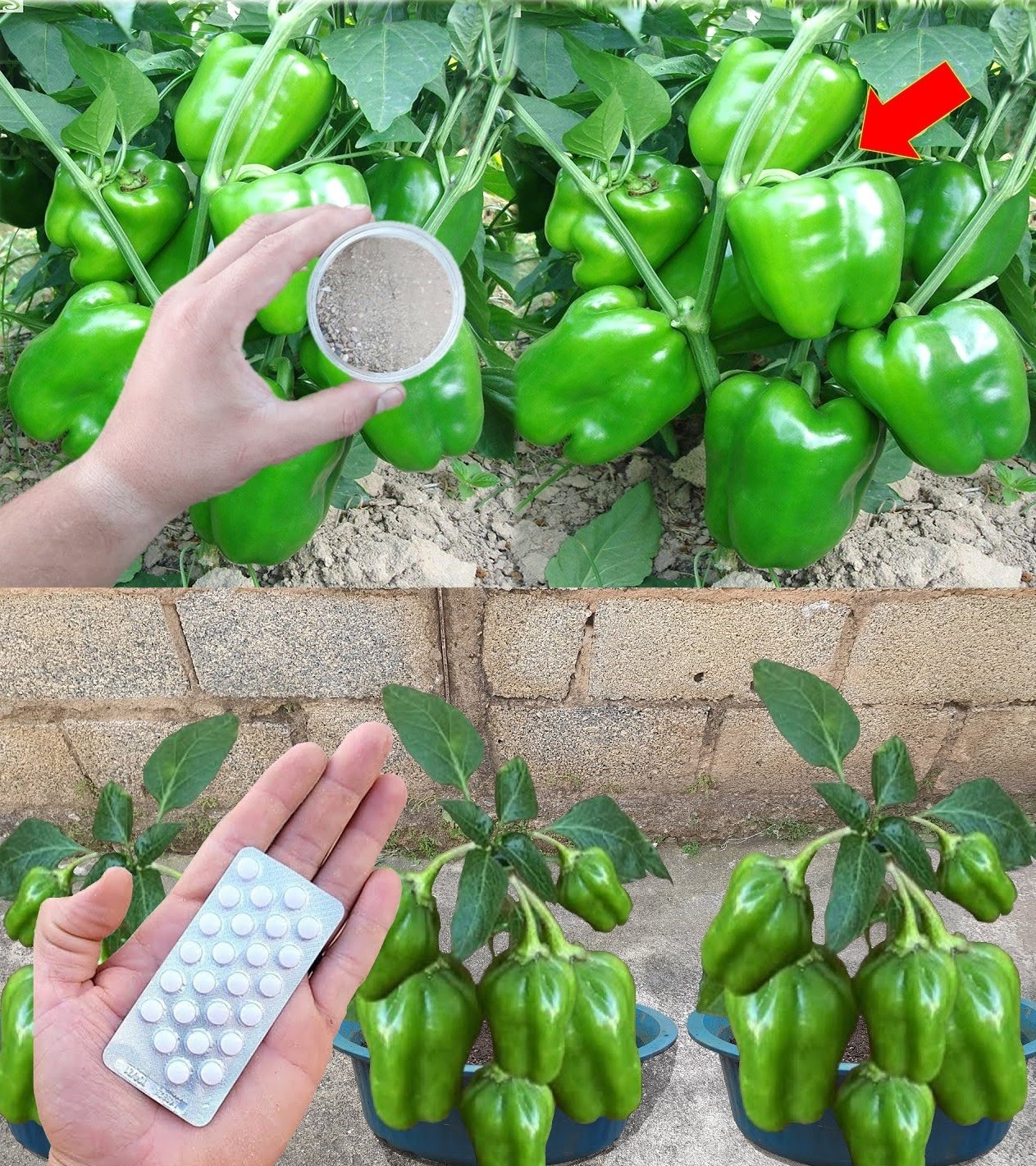Peppers grow best in well-drained, nutrient-rich soil with a pH level of 6.0-6.8. Amend your soil with organic matter, such as compost or well-rotted manure, to improve fertility and drainage.
6. Space Plants Properly
Give pepper plants enough space to grow and receive adequate airflow. Space bell peppers about 18-24 inches apart and hot peppers about 12-18 inches apart. Proper spacing helps reduce the risk of diseases and promotes healthy growth.
7. Water Consistently
Peppers need consistent moisture to develop properly. Water regularly, keeping the soil consistently moist but not waterlogged. Avoid overhead watering to reduce the risk of fungal diseases; instead, water at the base of the plants.
8. Fertilize Wisely
Use a balanced fertilizer with equal parts nitrogen, phosphorus, and potassium, or one specifically formulated for peppers. Apply fertilizer every 4-6 weeks throughout the growing season, following the manufacturer’s recommendations.
9. Support Plants as They Grow
Tall or heavy pepper varieties may require staking or caging to support their growth and prevent breakage. Install stakes or cages early to avoid disturbing the plant’s root system later in the season.
10. Prune for Better Yield
Pruning can help improve air circulation and encourage better fruit production. Remove any lower leaves or suckers to promote better airflow and prevent disease. Additionally, pinch off the first few flowers to encourage stronger plant growth and more fruit later on.
11. Watch for Pests and Diseases
Monitor your plants regularly for signs of pests like aphids, spider mites, and whiteflies, as well as diseases such as blight and mosaic virus. Use organic pest control methods, such as neem oil or insecticidal soap, and remove affected plants promptly to prevent spread.
12. Harvest at the Right Time
Harvest peppers when they reach their full size and color. For bell peppers, pick them when they turn red, yellow, or orange, depending on the variety. Hot peppers can be harvested when they reach their mature color but may continue to ripen off the plant.
Additional Tips
- Mulch: Apply mulch around your pepper plants to retain moisture, suppress weeds, and regulate soil temperature.
- Companion Planting: Plant peppers alongside basil, onions, or marigolds to help deter pests and improve growth.
Conclusion
By following these tips and tricks, you can cultivate healthy, productive pepper plants and enjoy a flavorful harvest. With the right care and attention, your garden will be filled with vibrant, delicious peppers that enhance your meals and bring satisfaction to your gardening efforts. Happy growing!
